ON THE PERIPHERY OF CLASSICAL GREECE, ANCIENT KINGDOM OF MACEDON-HISTORICAL OUTLINE
The history of Greece and Macedonia in the 4th century is a period marked by increased conflicts and clashes between Greek cities in their efforts to achieve hegemony. At the same time, a democratic tradition was weakened to finally give way to the monarchical system.
Philip II entered the Macedonian throne in 359 BC. In the face of a clash with the culture of Persia and the long-term Persian-Greek wars, Philip appeared as a defender of freedom. Alexander III prevailing in the later period pretended to be the heir of Greek democracy, and after the death of his father, he asked the Greek deputies to remember the kindness and alliance linking Macedonia with the Hellenic Union (Hammond, 1994: 493). His death in 323 BC is the conventional date of the end of the classical age and the beginning of Hellenism.
The time frame of Greece in the late classical period and the beginnings of Hellenism
- Conflicts in Greek polis and the coronation of Philip 359 BC
- Organization of the state enlarged by Thrace, Illyria, Epirus 358-354 BC
- Battle of Chaeronea- a battle for domination in all of Greece 338 BC
- Preparation of the invasion of Persia; the assassination of Philip II, Alexander III on the throne - 336 BC
- Campaigns against Persians 334-327 BC
- India 327-325 BC
- Death of Alexander 323 BC
- The dawn of the Empire and the Diadochi wars 321-281 BC
The territory of the Macedonian rulers' empire grew in new gains in accordance with the rhythm of their territorial ambitions and subsequent wins won (Green, 1978: 13). Macedonia located north of Greece in the 4th century BC was sparsely populated by the Greek people of the Dory tribe, relatively backward at that time. In addition, the country was geographically and ethnically divided into two separate areas (Green, 1978: 15). Unlike most Greek countries, Macedonia was a monarchy, and frequent conflicts with the Greeks gave birth to the belief that they were "only" related. Pella was its main urban center and capital city.
4th century BC Athens suffered from a slow weakening of their political role (Papuci-Władyka, 2001: 277) (although they still remained an intellectual center). Athens was a source of civilization, freedom, and democracy; but that did not mean that they were to be a good leader, especially when the cooperation of other Greek cities was necessary (Green, 1978: 54)
Sparta, as a result of the Peloponnesian Wars, lost its military strength. Its position was not easy: without reserves, she had to meet the military and political demands of her allies (Boardman, 1986: 126)
In this situation, Philip II began a series of conquests of the Greek polis, which resulted in the subsequent incorporations of Thessaloniki, Thrace and other coalition partners of Athens to Macedonia.
As a result of the battle of Chaeronea (338), a new form of a political system developed: with the king in the center, dependent on the goodwill of the richer class equipped with power; and never to lose this power (...) Athens and democracy lost (...) Imperialism turned out to be incompatible with democracy (Boardman, 1986: 132).
Created in this way in 337 BC. On the initiative of Philip II, the Corinthian Union included all the policies of mainland Greece and some islands.
Macedonian rulers presented themselves as heirs to democracy, but in reality, their politics resembled those of the eastern rulers - despots. New habits were introduced, which often harmed the Greeks' sense of humanism, but corresponded to the oriental court etiquette. The novelty was the obligation to kneel before the ruler.
The next step in the expansion of Greek hegemony were the resolutions to start a war with Persia. At its early stage In 336 BC Philip was assassinated and succeeded as king by his son Alexander III.
The war with the Persians won allowed to incorporate areas of Asia Minor into Greece, followed by the countries of the Levant, lying on the eastern Asian coast of the Mediterranean. This area includes areas that today belong to countries such as Syria, Jordan, Lebanon, Israel and the Palestinian Authority (Boardman, 1986: 130-132).
The Empire was subjected to threats that flowed, among others from its dimensions: natural cultural divisions, language differences and attachment to local religions. Greek conquests were the fulfilment of ambitions and the realization of dreams, they ensured markets and trade. The rebirth of the monarchy has become the consequence of the need to effectively handle these new challenges.
The Greek language has evolved from the official language in a small, though politically and culturally important country to the middle of the empire of the communication medium, almost officially used in the ancient world, used officially in an area of approx. 5.2 mil km2.
The expansion towards the south brought the inclusion of Upper and Lower Egypt, and in the east, it enriched Macedonia with the so-called countries. Fertile Crescent - a strip of land that stretched over the areas from Phoenicia, Assyria to Mesopotamia and the Persian Gulf. In 327 BC, Alexander occupied India, where the expansion ended on the river Hydaspes. The history of the conquests ends with Alexander's death in 323 BC, as a result of illness, perhaps poisoned by the commanders of his army.
The consequence of this undetermined death was the breakup of Alexander the Great's empire and its division into four parts under the dominion of diadochi. Another consequence was the gradual degeneration of the democratic system and its replacement with a monarchy. The death of Socrates, an Athenian thinker who inclined students to ask questions about human nature and independent thinking.
The mythological worldview gradually gave way to a more complex view, which was the fruit of the Hellenistic era.
References
Images: sources linked below
Photographs taken by @highonthehog
- Papuci-Władyka, E. Sztuka starożytnej Grecji, Wydawnictwo Naukowe PWN SA, Warszawa, 2001
- Green, P. Hellenistic History and Culture, University of California Press, 1996
- Boardman, J., Griffin, J., Murray, O. The Oxford History of the Classical World, Oxford, 1986
- Hammond, N. G. L., (1994): Filip Macedoński, Axis Mundi, Poznań
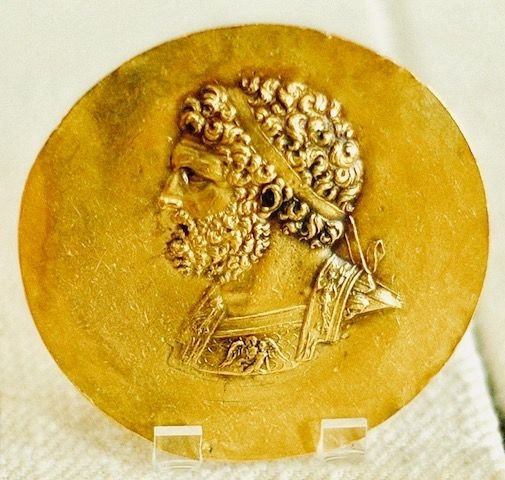
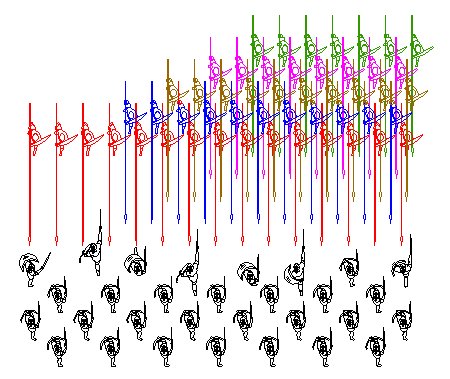
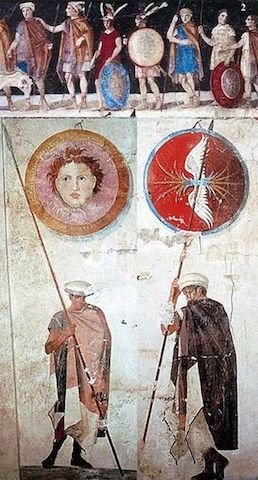
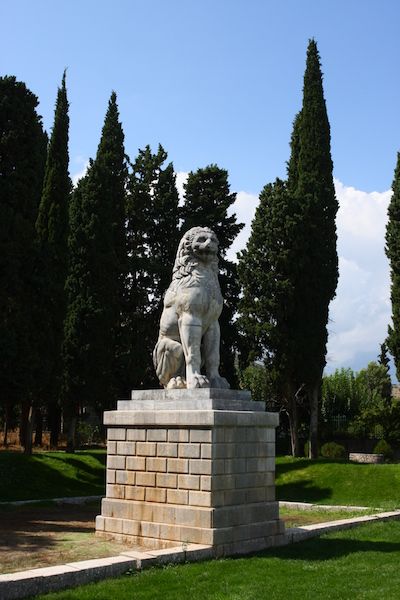
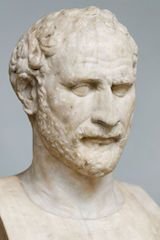
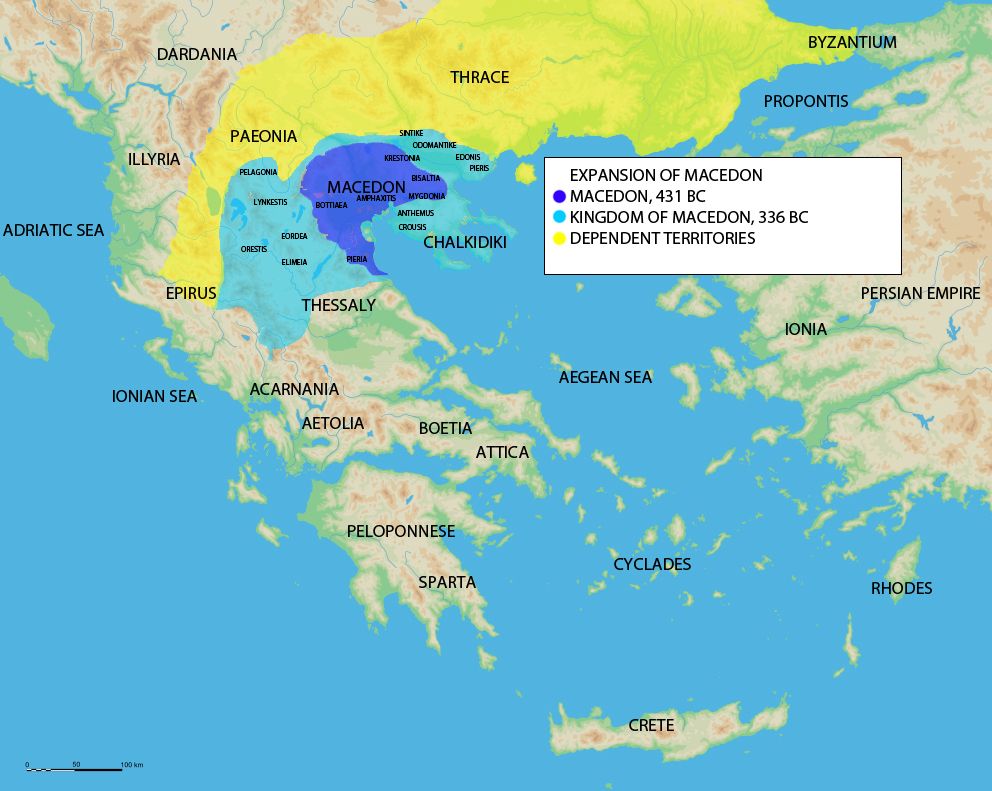

Great Post :) Love the detail. Kochaj swoją pracę :D
Alexander Stopped his conquest of India When he was about to go face to face with the Magadha Empire. Magadha at that time was one of the most powerful empires in the subcontinent. One could say Modern India is defined in many ways by it and its influence is still felt today. One of the advisors to the Magadha emperor was a Man called Chanakya or also known as Kautilya. He is the Indian version of Sun-Tzu. His work Arthashastra is the Classical text the basis of which runs Indian Governments's Foreign Policy to this date.
Alexander's Solders were fatigued by the time they reached Magadha. His solders refused go forward , completely at a loss on how to deal with the Indian tropical climate which was alien to them. Snakes, Insects , Mosquitoes , Constant Heat , Infectious ailments Etc ....
In India Alexander was known by the name Sikandhar. Which is still today a hugely popular name for kids.
Hope this helps :)
Congratulations, Your Post Has Been Added To The Steemit Worldmap!
Author link: http://steemitworldmap.com?author=highonthehog
Post link: http://steemitworldmap.com?post=on-the-periphery-of-classical-greece-ancient-kingdom-of-macedon-historical-outline
Want to have your post on the map too?
Nowadays Hydaspes is part of Pakistan probably in the past it was part of India. Well after that battle no witnesses of Alexander around the northern subcontinent. About its death it seems to be a mystery. Interesting historical post!
DISCLAIMER: dropahead Curation Team does not necessarily share opinions expressed in this article, but find author's effort and/or contribution deserves better reward and visibility.
to maximize your curation rewards!
with SteemConnect
12.5SP, 25SP, 50SP, 100SP, 250SP, 500SP, 1000SP
Do the above and we'll have more STEEM POWER to give YOU bigger rewards next time!
News from dropahead: How to give back to the dropahead Project in 15 seconds or less
Quality review by the dropahead Curation Team
According to our quality standards(1), your publication has reached an score of 87%.
Well said Gabriel García Marquez: "You learn to write by writing" Keep trying, you will soon achieve excellence!
(1) dropahead Witness' quality standards:
- Graphic relation to the text (Choice of images according to the text)
- Order and coherence
- Style and uniqueness (Personal touch, logic, complexity, what makes it interesting and easy to understand for the reader)
- Images source and their usage license